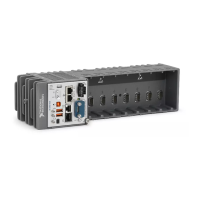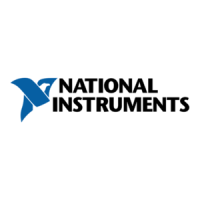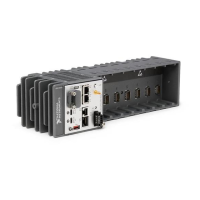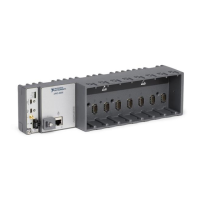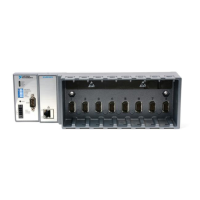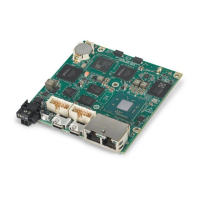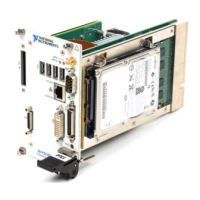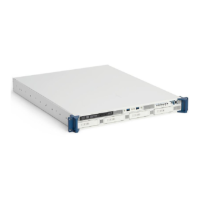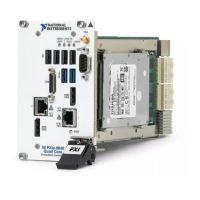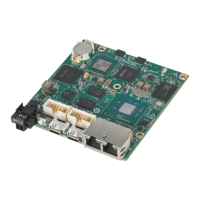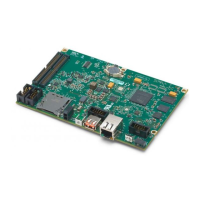6-2 | ni.com
Chapter 6 Digital Routing and Clock Generation
80 MHz Timebase
You can use the 80 MHz Timebase as the Source input to the 32-bit general-purpose
counter/timers.
20 MHz Timebase
The 20 MHz Timebase normally generates many of the AI and AO timing signals. It can
function as the Source input to the 32-bit general-purpose counter/timers.
The 20 MHz Timebase is generated by dividing down the 80 MHz Timebase, as shown in
Figure 6-1.
100 kHz Timebase
You can use the 100 kHz Timebase to generate many of the AI and AO timing signals. It can
also function as the Source input to the 32-bit general-purpose counter/timers.
The 100 kHz Timebase is generated by dividing down the 20 MHz Timebase by 200, as shown
in Figure 6-1.
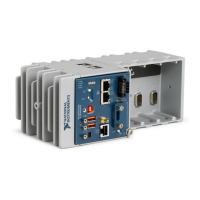
